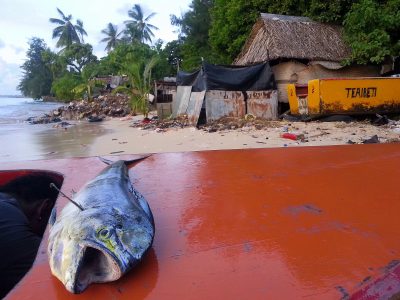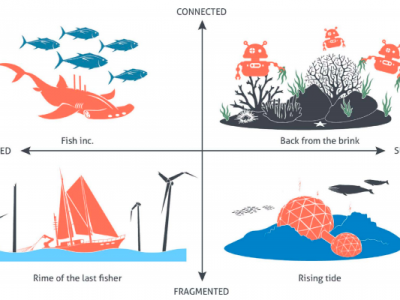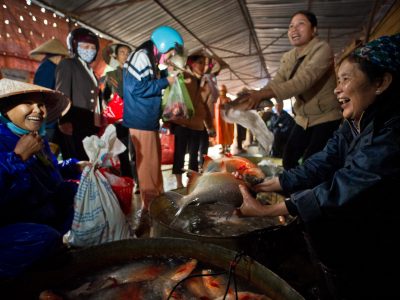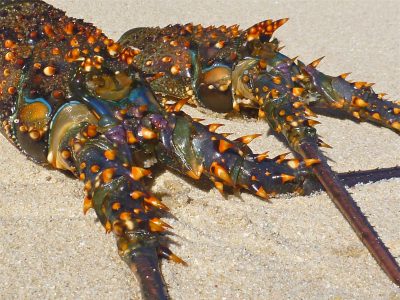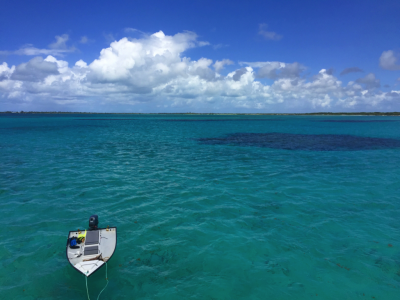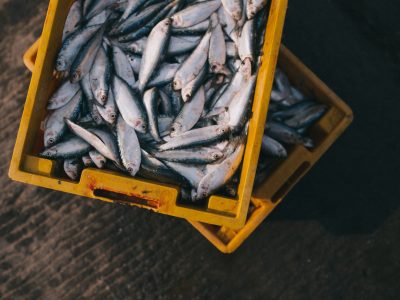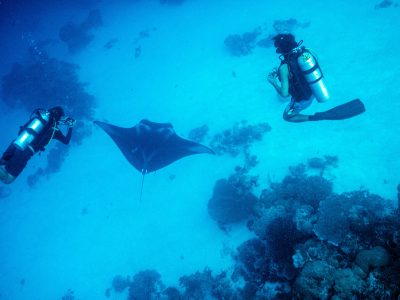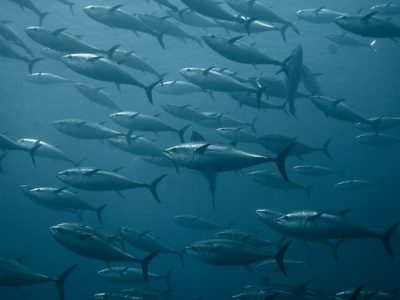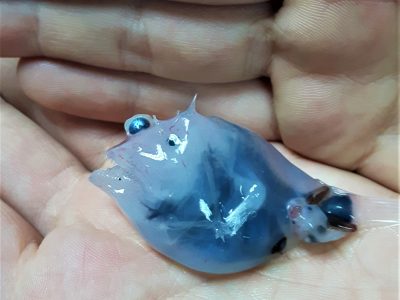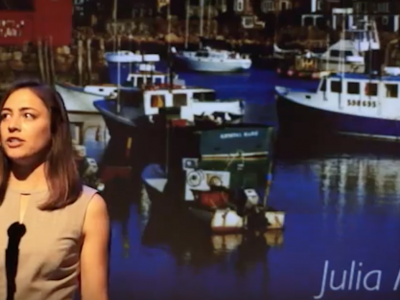Pacific Island countries could lose 50-80% of fish in local waters under climate change
Many Pacific Island nations will lose 50 to 80 percent of marine species in their waters by the end of the 21st century if climate change continues unchecked, finds a new Nippon Foundation-Nereus Program study published in Marine Policy. This area of the ocean is projected to be the most severely impacted by aspects of climate change.



